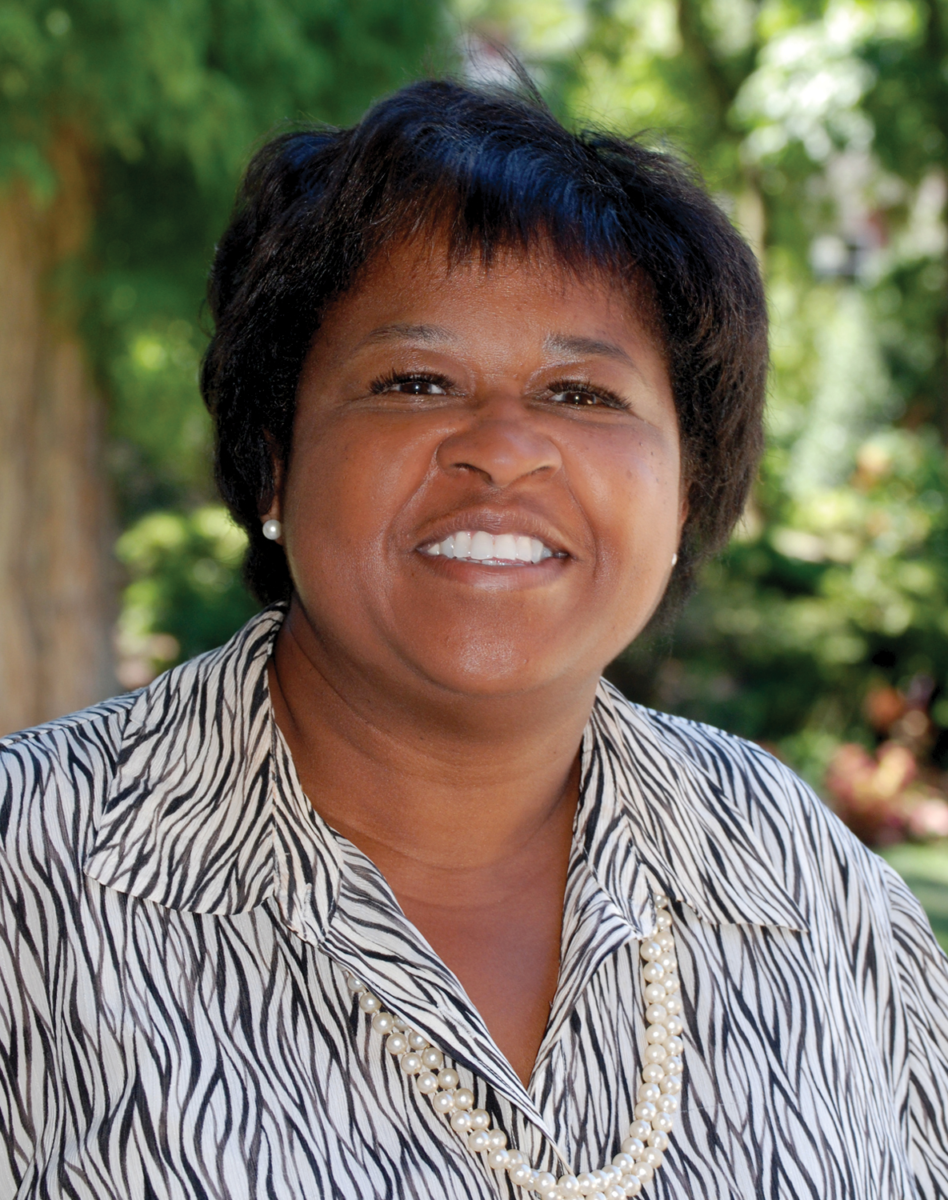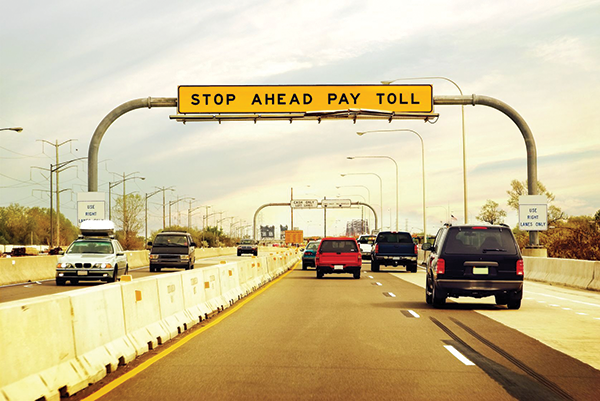Money for the Toll Road
Banishing Fear after a Cancer Diagnosis
by Karen Mechanic, MD
No one wants to be afraid. But fear is a natural response to an unexpected situation. Fear prepares you to face what’s in front of you. It’s normal to be afraid when you’re told you have cancer, while you’re going through treatment, or even after some time has passed and you’re in remission.
A manageable amount of fear can send you into battle mode. In this stance, you will have the extra edge to fight on. This is a productive response to fear. This battle-ready stance can help you power through treatment. You may feel like you are sailing along with limited interruptions, like you’re on the highway with an EZ-Pass. You can look back over the road with pride, impressed by your accomplishments. Perhaps you rarely canceled a check-up, never missed a scheduled radiation treatment, made it through chemotherapy, coped well with side effects, and even attended to your usual responsibilities. You drove straight through without hitting any tollbooths the entire way.
On the other hand, fear can be physically and emotionally overwhelming. Fear may contribute to fatigue, feelings of anxiety, and even depression. Like a tollbooth on the highway, fear can bring you to a standstill until you find the exact techniques you need to dissipate that fear. Some days, you may feel like you are driving in the “change only” lane and you are stuck searching for coins to pay the toll. What do you do to move forward?
You can overcome your fear.
First, you need to recognize that you can overcome your fear. If you can disconnect the physical response from the emotional response, you may then be able to find the money you need to pay the toll and get moving again. The key is to find the best strategies to help you cope with the paralysis and “deer in the headlights” response to overwhelming fear, and then get plenty of practice using them.
At times, talking to a trusted friend or family member can help you cope with your fears. It might also help to join a support group where you can hear about the journeys of others who have been in your position and the coping strategies they used to overcome their fears.
A trained professional may be able to provide additional support, or “emotional currency” to pay the fear toll. Depending on exactly what type of currency you need, a social worker, clergy member, psychologist, or psychiatrist may fit the bill.
Each one offers something different: an attentive ear, relaxation exercises, or even medications. If you’re experiencing symptoms of anxiety or depression, you can benefit from a psychological evaluation to ensure you are seeking the best treatment for your specific symptoms. Coping strategies such as deep breathing, prayer, meditation, relaxation exercises, and physical activity may also be helpful when used alone or in combination.
Once you have identified the coping strategies that work best for you, you may realize that you don’t have to dig too deep to find the coins you need to pay the fear toll and get moving with your life again.

Dr. Karen Mechanic is a psychiatrist who specializes in the treatment of cancer-related emotional problems as director of psychiatry and assistant professor in the department of medicine at Fox Chase Cancer Center in Philadelphia, PA, and adjunct assistant professor in the department of psychiatry at Temple University in Philadelphia. She started Fox Chase Cancer Center’s stress management program, and her research focuses on cancer-related stress and cancer-related cognitive disorders.
Learn more about coping with difficult emotions.
This article was published in Coping® with Cancer magazine, May/June 2013.


